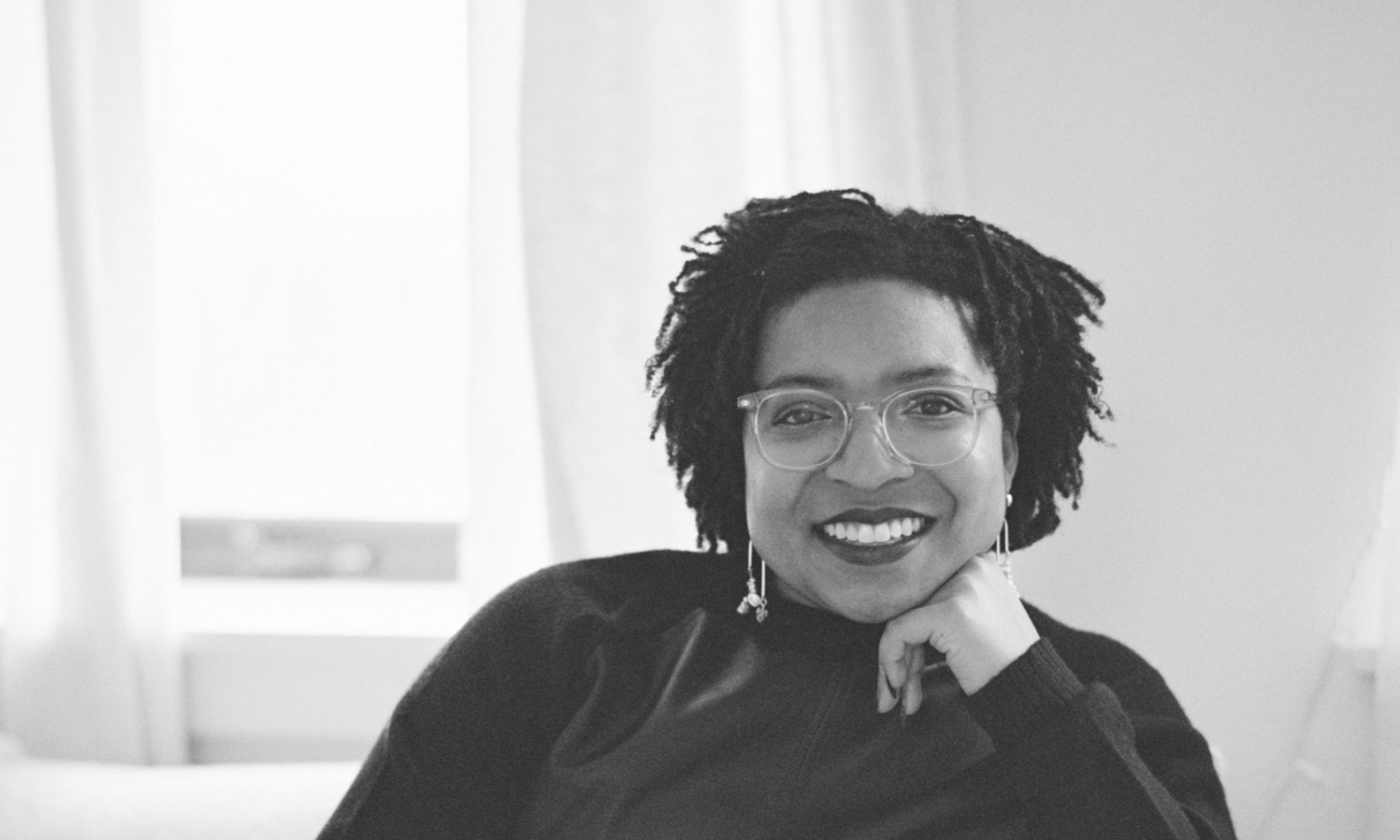A few weeks ago, two big things happened. Beyonce dropped Black Is King on Disney+ and an article came out that shared that Kamala Harris has been undermined by the VP Search community for being “too ambitious”.
The attacks on both Black women started immediately. From Beyonce’s art getting critiqued as celebrating imperialistic, capitalist societies to Kamala getting the feedback that she is just too conservative and also too ambitious to serve as a VP pick.
I got really angry by these critiques. Part of it is that, I identify with both of them as a Black woman who also has chosen to work within imperfect systems. (Frankly, if you are a Black woman who participates in the US in any way – buys food/clothes/shelter, you have chosen to work within an imperfect system, but I digress…)
Part of what I (and I assume Beyonce and Kamala) deal with when you choose to become leaders within these systems is the psychological trauma that often occurs as “the only”. We chose to stay within these structures in order to make them more perfect for the many who are kept outside of them.
This labor is painful, mostly invisible and, more often than not, unpaid.
As a result, I’m deeply skeptical of outside critique on this labor. I have received too many disingenuous critiques to take them seriously. I will never forget the feedback I received when I decided to boycott UC Berkeley-Haas School of Business because they only admitted 5 Black kids into the MBA Class of 2020. My classmates and members of the Berkeley-Haas administration shared with me that boycotting isn’t nice or effective, completely dismissing the years I spent on campus working within the system of Haas to help it become more inclusive. It turns out that the boycotts were effective because they figured out how to admit significantly more Black students the following year. I believe that they were most effective because they were done by a previous student who had deeply studied the institution. I knew which media outlets to leak the story to, I knew which people on campus would be my allies, I knew how to navigate the politics among those on campus who would be my detractors.
This is one example of countless others I can point to over my career and I’m sure many fellow Black women have similar stories.
So, before I accept any inkling of negative feedback of Black women who are leaders within imperfect systems, I have come up with a list of questions first to qualify this feedback. Through the qualification process, I hope that it helps all of us understand more deeply how connected we truly are.
The main questions, I have are:
How do we ensure that we are holding every person within the system equally accountable?
Is your critique of this black woman a critique that you also have of every other person who has operated in this way within this system? If you don’t know the answer to that question, why have you chosen not to research others within this system? Do you have unreasonable expectations of the labor of black women compared to the labor of white men?
What about the critique that you have of this other person are you also perpetrating? How are you holding yourself accountable?
Another way of putting this is: What are you asking this person to do/expecting this person to do that you haven’t done? Why haven’t you done it?
There is an episode of The Good Place where they figure out that nobody has been admitted to heaven for the past 500 years. Essentially, they realized that even people who were trying to be so perfect weren’t able to earn enough points to get into heaven because of the negative externalities that their efforts created. I thought it was such a great illustration of how we are navigating a deeply complex world and have to make trade-offs every day.
When we rush to judge without the full context – of both the other person and also of ourselves (true self reflection is hard and too rare), it makes me queasy. I’m not saying that full context removes accountability, I’m saying that full context forces us to move from treating the other party as a symbol to an individual. It also forces us to explore and recognize our own agency.
